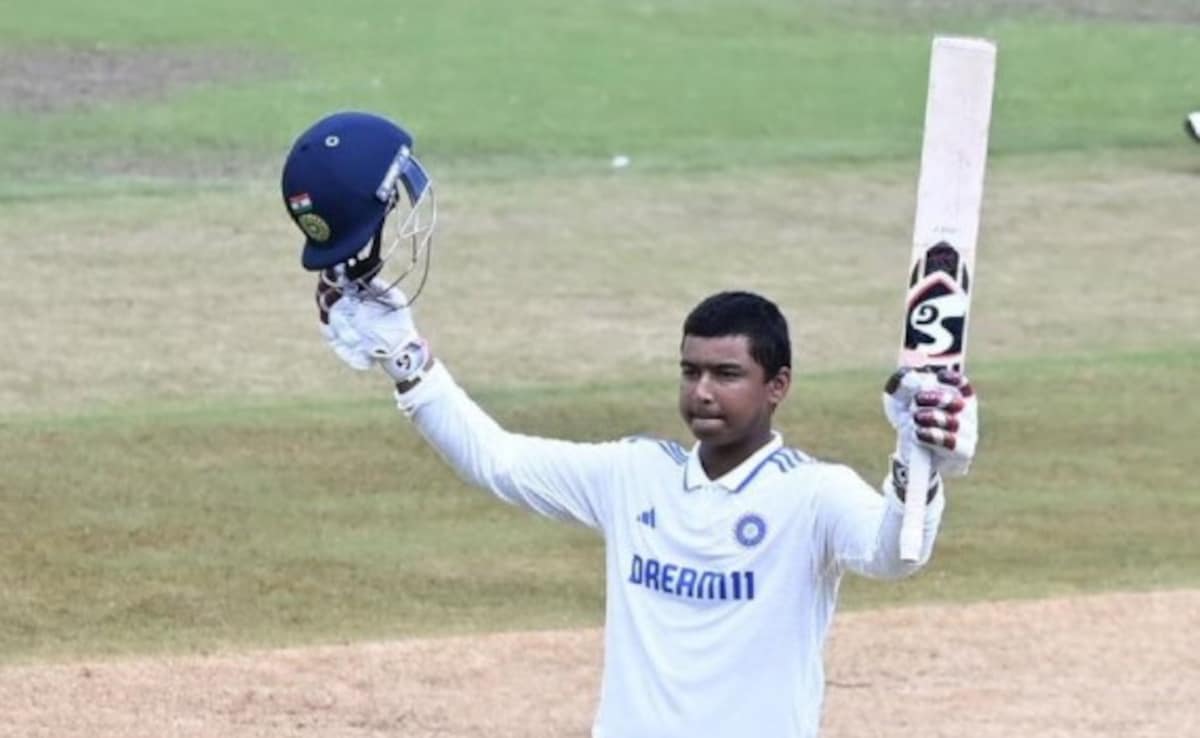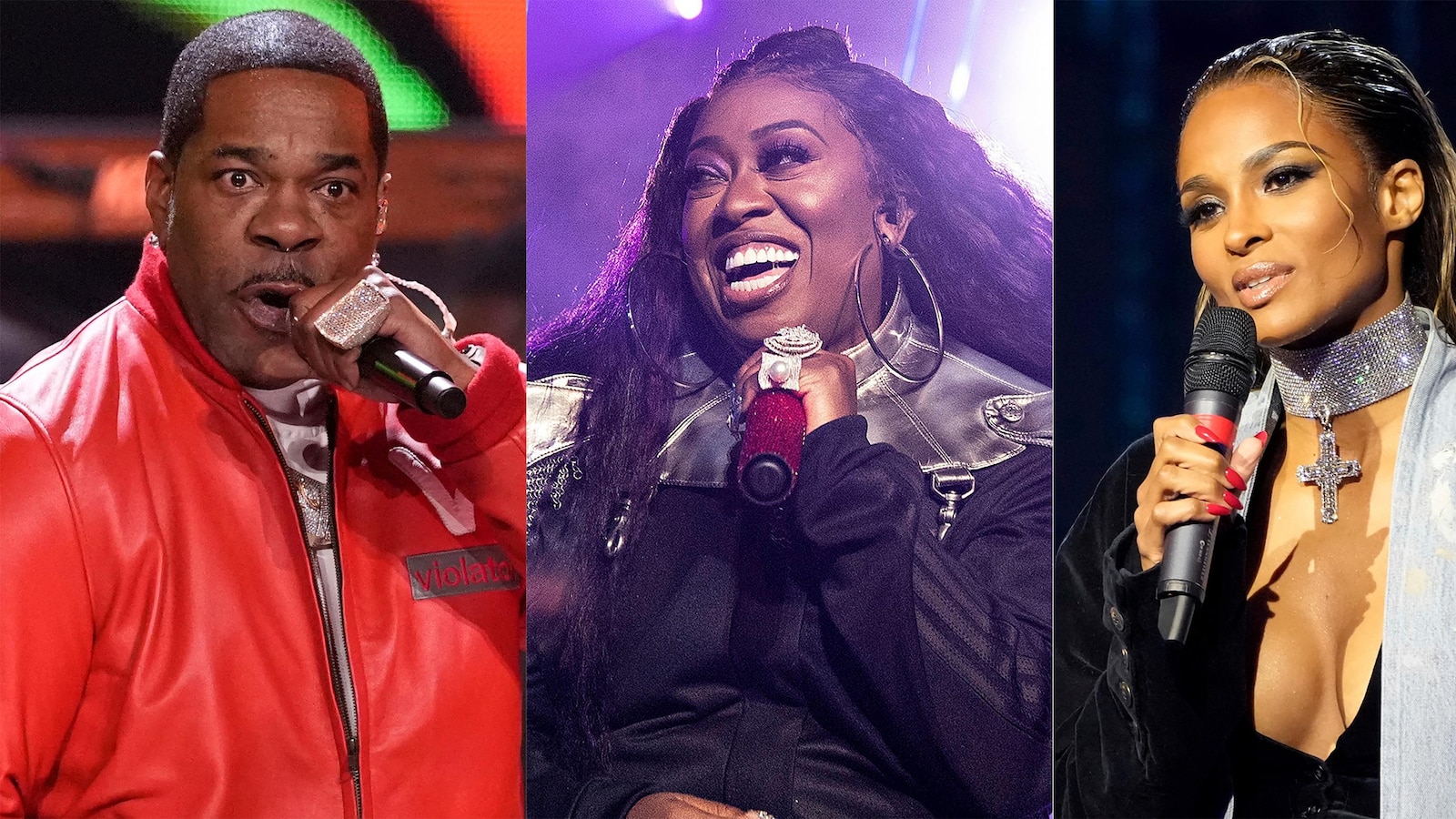
In Big Dawgs, Cherukat offers an alternative to the bling and opulence associated with mainstream rap by ditching flashy cars and choosing to focus on small city stuntmen, who come from poor families and are part of a dying art-form in India.
“These are the people that are the real risk-takers…Those are the big dogs, for real,” he told, external Complex website.
But even though the combative energy of his music has managed to turn heads, he has received criticism too.
Some feel his songs are less impactful for Indian listeners. Unlike many peers who rap in vernacular languages, Cherukat sings in English, which may limit his resonance with non-English-speaking audiences.
Others criticise him for mimicking Western artists too closely and adopting a tokenistic approach to his Indian identity.
“His song cast Indians and South Asians as serious players in the Western rap scene which is great,” said Abid Haque, a PhD student in New Jersey.
“But he sounds too much like an American rapper lifted out of context into the Indian scene. While the Big Dawgs music video relied on an Indian aesthetic, the lyrics and music feel divorced from an Indian reality,” he added.
It’s a duality that’s, arguably, also found in Cherukat’s own understanding of his work.
On one hand, returning to India has been a way of navigating his sense of belonging: “I think it really moulded me as someone who never really had a place to call home… and that kind of shaped the way I perceive music, people, and culture,” he told Complex.
But he also insists on viewing himself from a wider vantage: “I’m not an Indian rapper, but I’m a rapper from India,” he’s said in earlier interviews, explaining that he places himself outside of the country’s thriving hip-hop scene.






